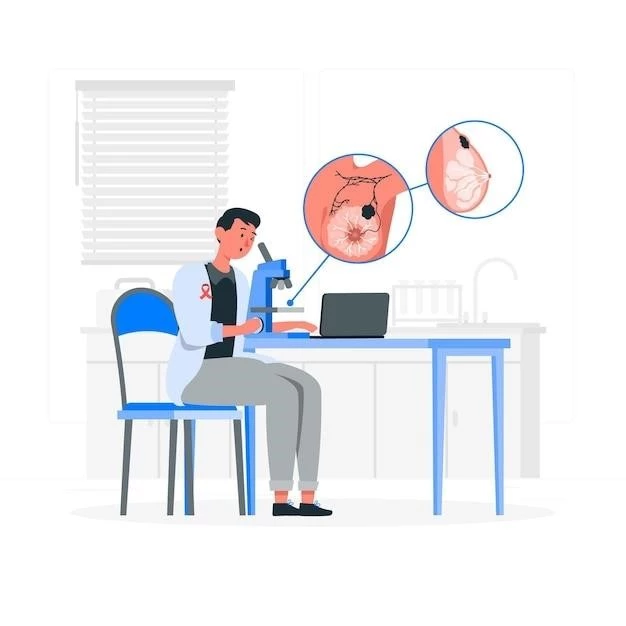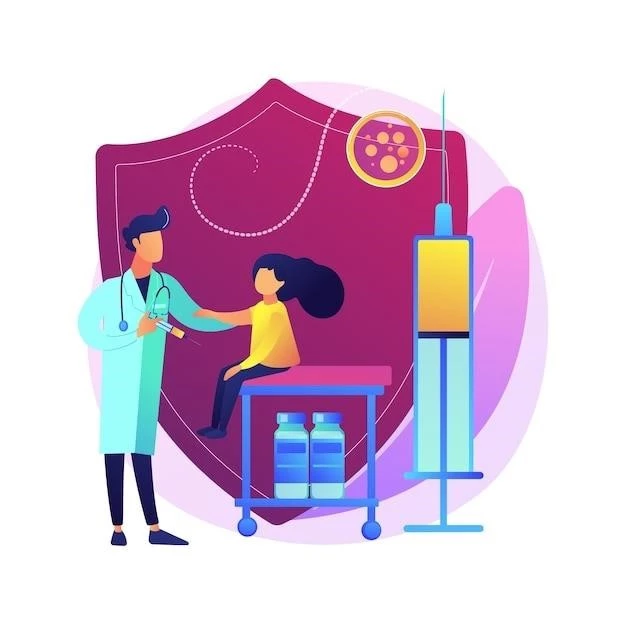Introduction to Pyelonephritis
Pyelonephritis is a type of urinary tract infection where one or both kidneys become infected by bacteria or a virus. It can cause people to feel very sick and requires treatment with antibiotics.
Definition and Overview
Pyelonephritis is a type of urinary tract infection where one or both kidneys become infected by bacteria or a virus. It can cause people to feel very sick and requires treatment with antibiotics. Learn about the causes, complications, diagnosis, and treatment of this serious condition affecting the kidneys.
Causes and Risk Factors
Pyelonephritis is commonly caused by bacteria, such as Escherichia coli, infecting the kidneys. Factors like urinary tract abnormalities can increase the risk of developing this kidney infection.
Bacterial and Viral Infections
Pyelonephritis is commonly caused by bacteria, such as Escherichia coli, infecting the kidneys. Viruses can also lead to kidney infections. Discover more about how these infections affect the kidneys and the associated risks.
Common Bacteria Responsible
The bacterium Escherichia coli is often the cause of pyelonephritis. Other bacteria and viruses can also lead to kidney infections by traveling to the kidneys from the bladder or through the bloodstream. Learn more about these common culprits and their impact on kidney health.

Symptoms and Diagnosis
Patients with pyelonephritis may experience symptoms like fever, flank pain, nausea, vomiting, and burning sensation during urination. Diagnosis involves physical examination, urine tests, and imaging studies to confirm the infection.
Clinical Presentation
Pyelonephritis presents symptoms such as fever, flank pain, nausea, vomiting, burning sensation during urination, and cloudy, dark, bloody, or foul-smelling urine. Patients may experience frequent and painful urination along with systemic symptoms like chills and increased urgency to urinate. Early detection and prompt treatment are essential to prevent complications and long-term damage.
Diagnostic Procedures
Diagnosing pyelonephritis involves a series of tests including urine analysis, urine cultures, blood tests, and imaging studies like ultrasound or CT scans to confirm the infection and assess the extent of kidney damage. Prompt and accurate diagnosis is crucial for initiating appropriate treatment.
Treatment and Management
Pyelonephritis is typically treated with antibiotics to eliminate the infection and painkillers to alleviate discomfort. It’s crucial to follow the prescribed treatment regimen to prevent complications and recurrent infections.
Antibiotics and Painkillers
Antibiotics are commonly used to treat pyelonephritis as they target the underlying bacterial infection. Painkillers may also be prescribed to manage discomfort associated with symptoms such as flank pain, while ensuring the infection is effectively eradicated.
Preventive Measures
Preventive measures for pyelonephritis include staying hydrated, practicing good personal hygiene, urinating after intercourse, and taking proper care of urinary catheters if needed. Avoiding the overuse of antibiotics can also help prevent the development of antibiotic-resistant bacteria. Understanding and implementing these preventive strategies can reduce the risk of recurrent kidney infections.

Complications and Prognosis
Pyelonephritis can lead to organ damage and sepsis if not treated promptly. Long-term effects may include kidney scarring and recurrent infections. Early diagnosis and appropriate treatment significantly impact the prognosis of individuals with pyelonephritis.
Organ Damage and Sepsis
When left untreated, pyelonephritis can lead to organ damage, sepsis, and long-term effects on kidney function. It’s crucial to seek prompt medical attention to prevent these severe complications and ensure a positive prognosis.
Long-Term Effects
Untreated or recurrent pyelonephritis can lead to complications such as chronic kidney disease, hypertension, and renal scarring. Long-term effects may include reduced kidney function, an increased risk of kidney infections, and the potential need for dialysis or kidney transplant in severe cases. Early intervention and preventive measures are essential to minimize the long-term impact of pyelonephritis.
Prevention of Pyelonephritis
Prevent pyelonephritis by staying hydrated, maintaining good hygiene, emptying the bladder after intercourse, and managing urinary catheters properly. Reduce antibiotic use to prevent resistant bacteria.
Tips for Reducing the Risk
To reduce the risk of pyelonephritis, maintain good personal hygiene, stay hydrated, urinate after intercourse, and manage urinary catheters properly. Additionally, avoiding the overuse of antibiotics can help prevent the development of antibiotic-resistant bacteria, reducing the likelihood of recurrent infections.
